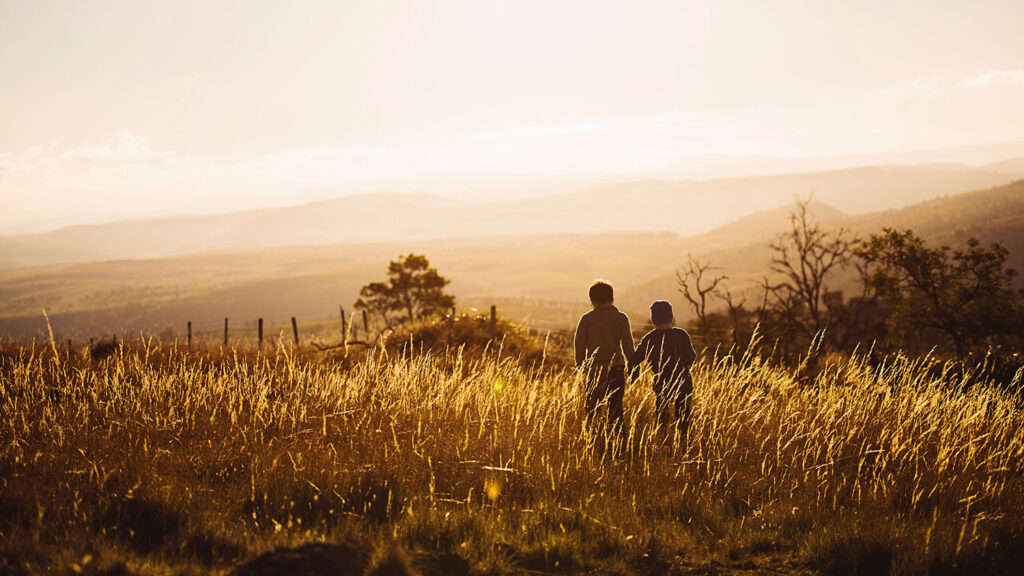This post was originally published by the Office for Institutional Equity and Diversity (OIED).

The history of Thanksgiving may have involved a feast but often fails to mention the spread of disease, violence, and ultimately, the colonization of Indigenous peoples that ensued and in many ways still persists today.
The Thanksgiving myth has impacted public perceptions of Indigenous peoples, and it’s important for us to recognize the true history of Thanksgiving by acknowledging what really happened. November is Native American Heritage Month, which provides ample opportunities to learn about and support Native populations.
At NC State, we start by acknowledging the land beneath us. Lynn Locklear-Fisher, a staff member in the GLBT Center who is Lumbee, authored NC State’s land acknowledgement, which anyone at NC State can incorporate into their program or event to remind attendees of this history. The acknowledgement reads, in part:
- “The land that North Carolina State University sits on is land that was originally stewarded by two Indigenous tribes: the Tuscarora and the Catawba tribes. We honor these tribes today by recognizing that this institution of higher education is built on land stolen from those who were here before the colonizers arrived.
- “Additionally, this land has borne witness to over 400 years of the enslavement, torture, and systematic mistreatment of African people and their descendants.
- “We must acknowledge the history of the spaces and places we occupy to both understand and unlearn the many ways that we have been socialized.”
You can learn about whose land you’re on by using the Land Acknowledgment SMS bot developed by Code for Anchorage, a volunteer group of coders who do projects to benefit the community. The bot will text you the names of the Native lands that correspond to your region. Text your zip code or city and state (separated by a comma) to 907.312.5085 and the bot will respond.
It’s important to learn about Native populations and cultures and to expand your learning by looking for works written by Indigenous peoples about their experiences and histories, all the while, remembering to appreciate, not appropriate.
This Native American Heritage Month, and year-round, consider supporting organizations advocating for Native American communities.
Jenna Nabors ’21 (she/her) is a fourth-year student majoring in communication with minors in international studies, journalism, and English and a Park Scholar. Share your thoughts about this article on Twitter at @NCStateOIED.
This post was originally published by the Office for Institutional Equity and Diversity (OIED).